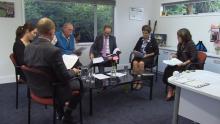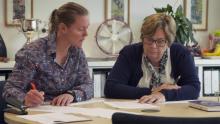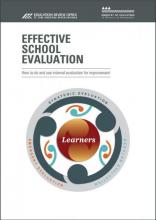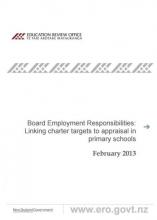Tracking for success
The deputy principal at Kerikeri High School describes the process the school leaders went through to develop electronic systems and processes to track student academic success. The principal describes how the tracking tool alerted school leaders when students were at risk of not achieving and led them to consider ways to ensure students had further opportunities to succeed.













